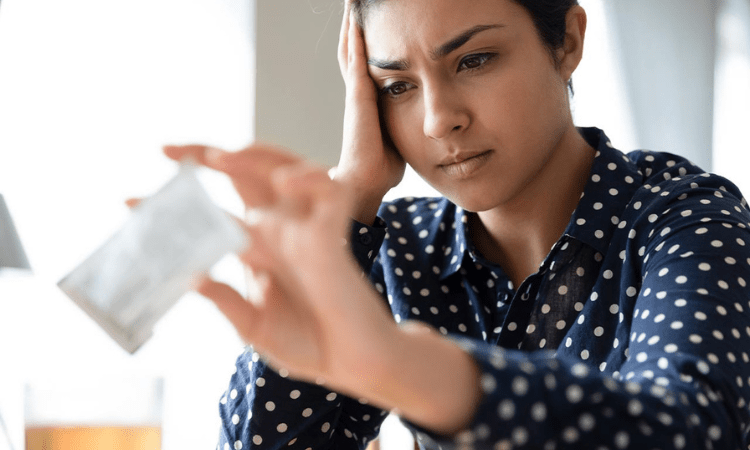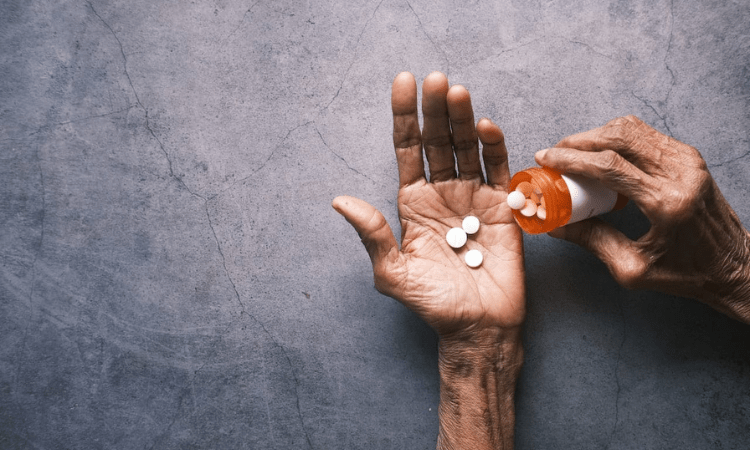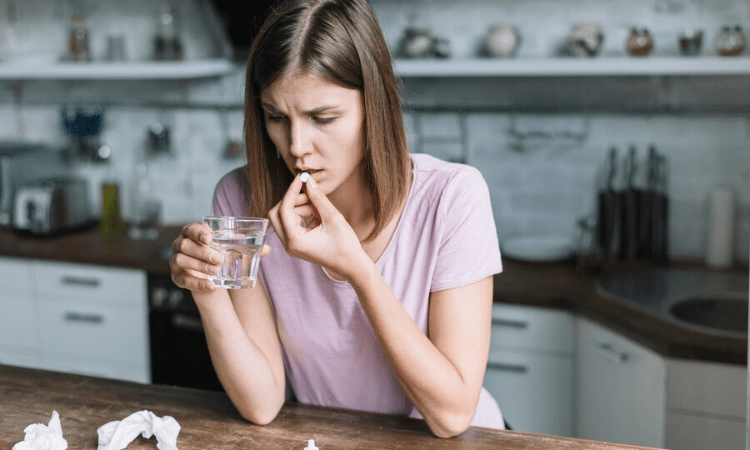Addiction to mushrooms is a growing concern in the United States, Mexico, and Central America. Mushrooms, also known as magic mushrooms, psilocybin mushrooms, or shrooms, are commonly grown in these areas. As per research conducted by the United States Department of Justice, about 9.2% of high school seniors abuse psilocybin, like magic mushrooms.
People get addicted to magic mushrooms because this substance contains Psilocybin, which is a chemical compound responsible for hallucinations. As a result, adults and young adults worldwide abuse magic mushrooms for their psychedelic effects. People refer to the psychedelic effects of mushrooms as a ‘trip.’
The Drug Enforcement Administration (DEA) of the United States has classified magic mushrooms or psilocybin mushrooms under the category of Schedule I in the Controlled Substances Act. Hallucinogens like LSD and heroin also fall under Schedule I of the Controlled Substances Act. Substances that are classified under Schedule I have a high risk of abuse and serve no medical purpose.
However, addiction to mushrooms is not the end of the world. Once addicted, an individual can undergo therapy to get rid of their addictions. This blog will discuss symptoms, effects, dangers, and treatments to cure mushroom addiction.
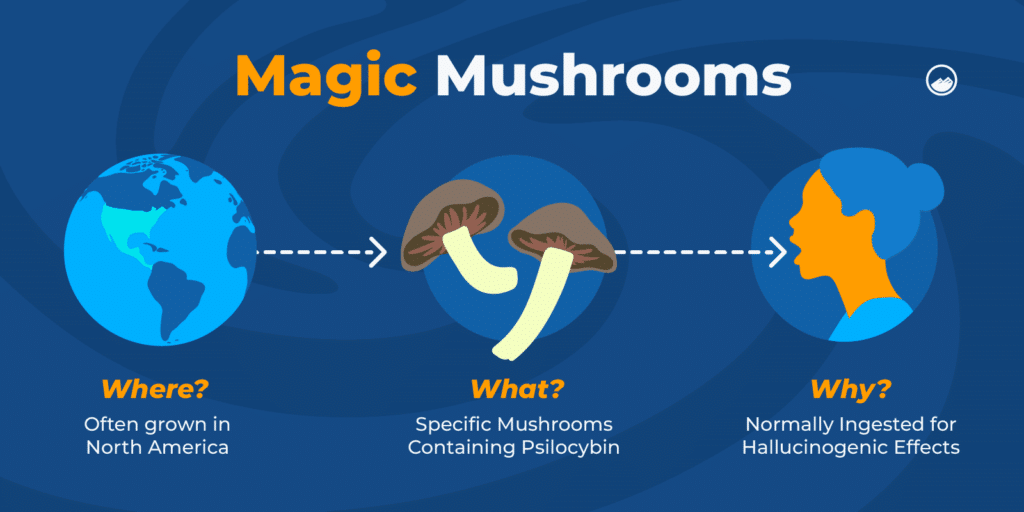
What are the symptoms of addiction to mushrooms?
As per research from the Substance Abuse and Mental Health Services Administration of the United States, around 7 million adults in the country use some type of hallucinogen every year.
People who are addicted to mushrooms show the following symptoms:
- Cravings for magic mushrooms
- Unable to function normally without using mushrooms
- Episodes of depressive disorder or anxiety without the use of mushrooms
- A feeling of extreme happiness when finding mushrooms
- Feelings of agitation and aggression without taking mushrooms
- Isolating themselves from friends and family to use mushrooms
- Going extra mile to get this drug
Some people become so obsessed with psilocybin mushrooms that they cease to do any activity that does not involve using mushrooms. This isolates an individual and impacts their mental health. It is no secret that people who abuse mushrooms tend to become dependent on it. But can you get addicted to mushrooms after years of abusing and being dependent on this substance? The answer is yes.
People are also known to grow their magic mushrooms for the sole purpose of using them recreationally. Like any other type of hallucinogens, mushrooms can mimic the feeling of happiness by overstimulating the neurotransmitters of the brain. As a result, an individual starts depending on magic mushrooms to feel happy. This dependence can lead to addiction to mushrooms.
How does addiction to mushrooms impact the mind and the body of an individual?
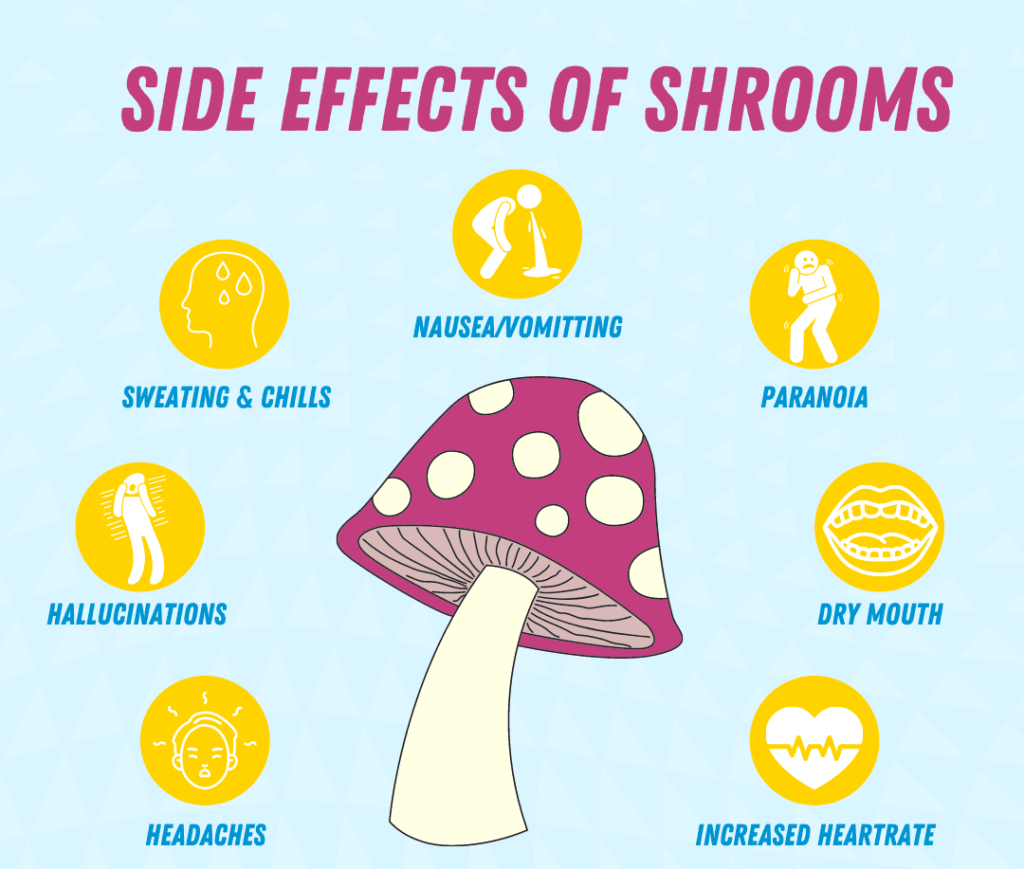
As per the National Institute on Drug Abuse (NIDA) of the United States, psychedelic substances tend to manipulate the neurotransmitters of the brain. This impacts the brain’s primary communication function with the rest of the body.
Psychedelics like magic mushrooms can severely impact the brain’s function of producing hormones like serotonin, dopamine, and norepinephrine. These hormones regulate mood, hunger, sleep, basal body temperature, sexual interests, sense organs, and an individual’s digestive system. As psychedelics create an imbalance in the hormones of an individual, they negatively impact bodily functions as well.
Additionally, psychedelics like psilocybin mushrooms can also affect the human body in the following ways:
- Nausea and vomiting
- Loss of muscle coordination and muscle weakness
- Increase in heart rate and breathlessness
- Dilation of pupils
- Headaches and severe migraines
Magic mushrooms also cause hallucinations. People who use magic mushrooms recreationally may see or hear things that are not present in reality. It is a dangerous situation because while hallucinating, people cannot tell the difference between reality and their fantasies. For example, an individual who is under the influence of mushrooms might fantasize about having superhuman powers and jump from a high-rise building.
Now that we have understood the answer to the question: ‘Are mushrooms addictive?’, it is crucial to note that since every individual is different, so is their response to magic mushrooms. Some individuals might notice hallucinations after taking psilocybin mushrooms, while other individuals might experience panic attacks. Nevertheless, addiction to mushrooms is a dangerous situation, and one should steer away from psilocybin or magic mushrooms.
What are the treatment options for addiction to mushrooms?
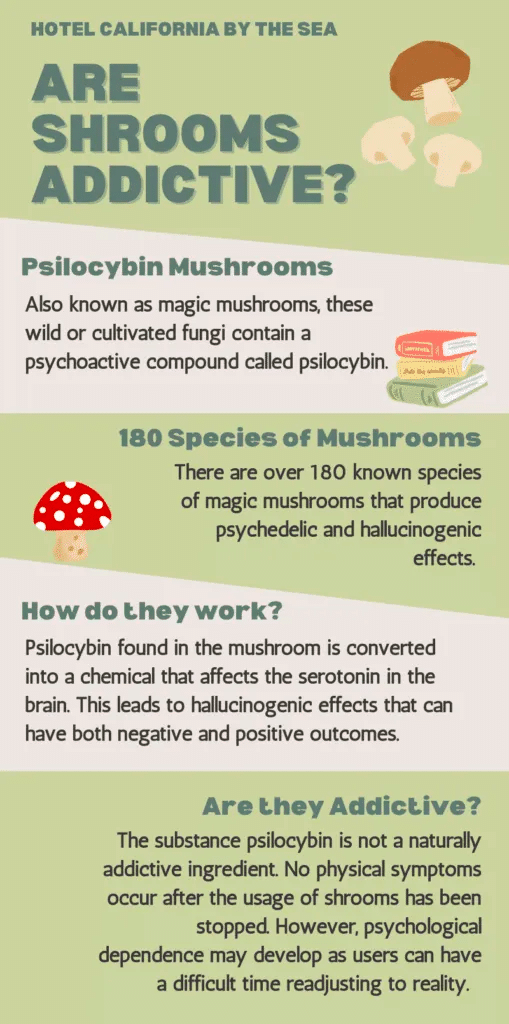
Just like every individual is different, so are the types of dependencies, addictions, and treatment options to get rid of addiction to mushrooms. People who abuse mushrooms for an extended period require a different treatment from those who have abused mushrooms once or twice in their lives.
Additionally, factors like mental health before mushroom addiction, environmental stress, and biological vitals are also important when considering the type of treatment for addiction to mushrooms. Typically, any kind of addiction treatment program starts with a detox to flush out the last traces of the substance from the body. The detox will initiate the withdrawal symptoms in an individual.
In an in-patient rehabilitation program, certified healthcare professionals will keep track of an individual’s vitals during recovery. They can even prescribe medicines to ease the withdrawal symptoms.
Lastly, many rehabilitation programs also provide therapies like group therapy, cognitive behavioral therapy (CBT), individual therapy, and counseling to help the patient in the long run and prevent relapse.
Frequently Asked Questions
1. What are the symptoms of addiction to mushrooms?
Symptoms of addiction to mushrooms include craving for this substance, constantly seeking mushrooms, avoiding social gatherings in favor of consuming mushrooms, and not being able to function normally without mushrooms.
2. Why is the addiction to mushrooms dangerous?
Addiction to mushrooms is dangerous as one can suffer from permanent brain damage from consuming magic mushrooms. Psilocybin mushrooms work by stimulating the neurotransmitters of the brain, which can result in the overproduction of certain hormones in the brain. With prolonged use, an individual will not be able to function without consuming mushrooms.
3. Is addiction to mushrooms treatable?
Yes, mushroom addiction is treatable. An individual can seek therapy, medical assistance, and rehabilitation to get rid of their addiction to this substance.
Conclusion
The mushrooms hold immense potential as a natural treatment option for substance abuse and mental health patients. We at Relevance Recovery help our patients with mushroom therapy treatments to cure mental health issues like anxiety, depression and PTSD.
However, mushroom addiction is a serious concern worldwide. Addiction to mushrooms can ruin an individual’s life. This substance is dangerous for the brain and the vital organs. However, if an individual is addicted to or dependent on mushrooms, it is not the end of the world. With professional help, one can conquer any addiction. With the advancement of medical science, there are various options for treatment for mushroom addiction. Tools like timely intervention by friends and family, support groups, and therapies can help an individual conquer mushroom addiction.


